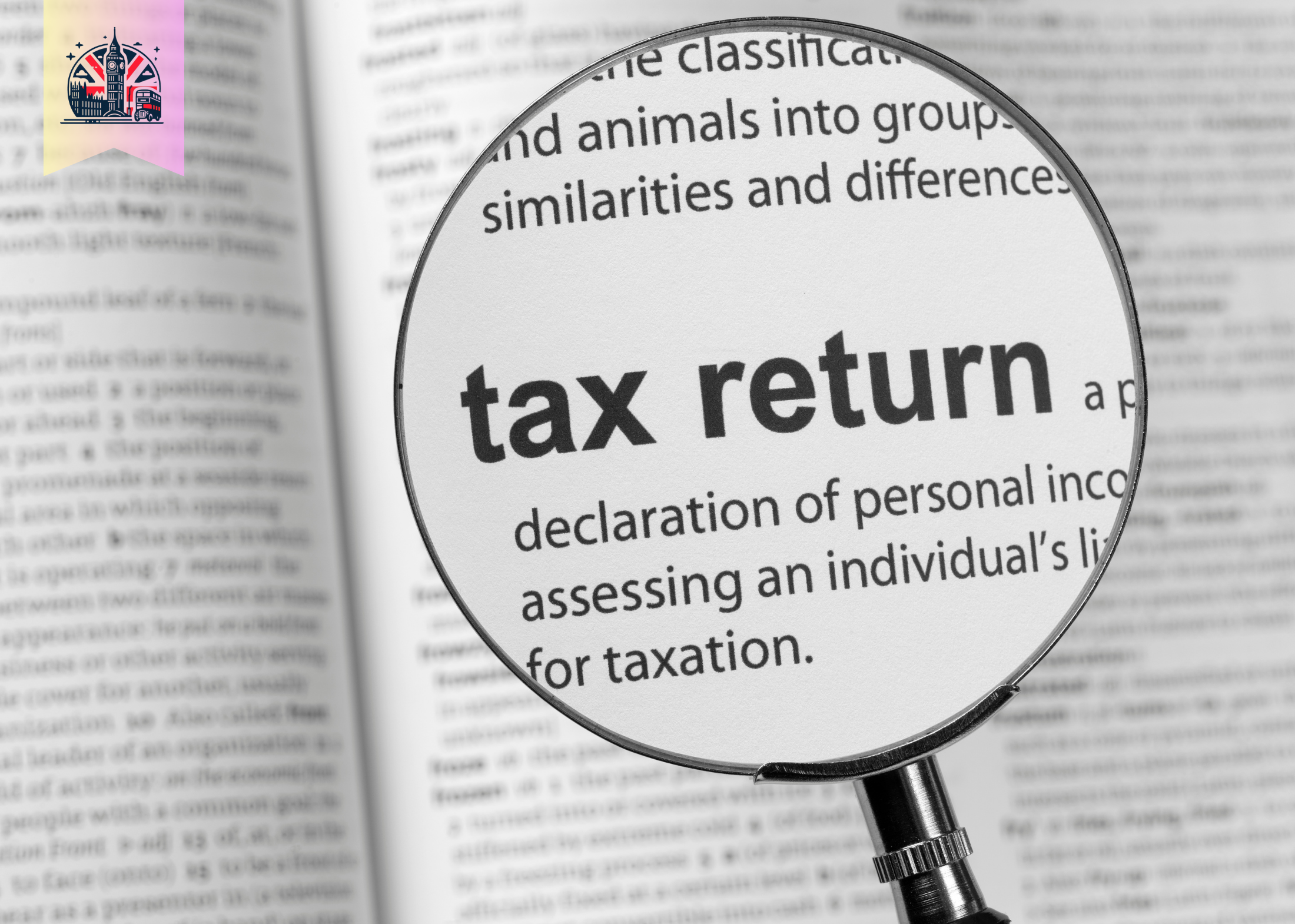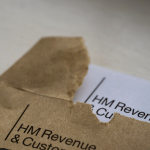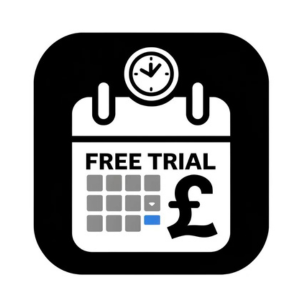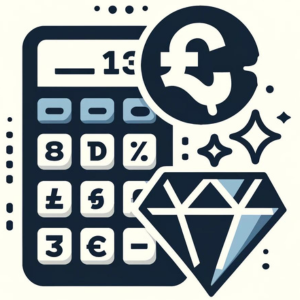Introduction to Self-Assessment
What is a Self-Assessment Tax Return?
Self-assessment tax returns are a system the HM Revenue and Customs (HMRC) uses to collect income tax. Tax is usually deducted automatically from wages, pensions, and savings. However, people and businesses with other forms of income must report it in a self-assessment tax return.
Who Needs to Complete a Self-Assessment Tax Return in the UK?
You’ll need to file a self-assessment tax return if you:
- Are self-employed as a sole trader and earned more than £1,000.
- Are a partner in a business partnership.
- Have untaxed income, such as money from renting out a property, tips and commission, income from savings, investments, and dividends.
- Need to claim income tax reliefs.
- Owe Capital Gains Tax on profits from selling things like shares or a second home.
- Are a company director, if you have income not taxed under PAYE.
- Receive Child Benefit and your income or your partner’s income is over £50,000.
Registration Process
How and When to Register for Self-Assessment with HMRC
You must register for self-assessment by October 5th in your business’s second tax year. You can register online at the HMRC website, where you will be asked to create an account and provide necessary details about your business or other income.
Necessary Documents and Information Required for Registration
To register, you’ll need:
- Your National Insurance Number.
- Details of your untaxed income from the tax year for which you are registering.
- Any relevant business information, such as the start date and type of business.
Filling Out Your Tax Return
Step-by-Step Guide to Filling Out the Tax Return Form
Filling out your tax return accurately is crucial:
- Gather all necessary documentation including details of your income and any allowable expenses.
- Access your HMRC self-assessment account to fill out the form online or download a paper form.
- Fill in your personal details, income details, and claim any reliefs and allowances.
- Review your form thoroughly to avoid mistakes, such as incorrect figures or missing information.
Common Mistakes to Avoid
- Missing the deadline.
- Underreporting income.
- Forgetting to include any supplementary pages if needed for specific types of income.
Deductions and Allowances
Overview of Tax Deductions and Allowances that Can Be Claimed
Understanding what you can deduct can significantly reduce your tax bill:
- Allowable expenses for businesses, such as office costs, travel costs, and staff salaries.
- Capital allowances for buying assets for your business.
- Charitable contributions that qualify for Gift Aid.
Examples of Common Deductible Expenses for Freelancers and Small Business Owners
- Home office expenses calculated through simplified expenses (flat rates based on the hours you work from home).
- Mileage and travel costs if they are solely for business purposes.
Deadlines and Penalties
Important Deadlines for Submitting the Tax Return and Making Payments
- January 31st: Deadline for online tax returns and first tax payment.
- July 31st: Deadline for your second ‘payment on account’.
- October 31st (the year before): Deadline for paper returns.
Consequences of Late Submissions and Payments
Filing or paying late results in penalties, starting at £100 for missing the deadline by just one day.
Paying Your Tax Bill
Options for Paying the Tax Bill
You can pay your tax bill in several ways, including direct debit, bank transfer, or payment through your tax code.
What to Do if You Cannot Pay All at Once
HMRC offers payment plans to spread out your tax payments over time if you find you’re unable to pay your tax bill in full.
Using HMRC’s Resources
How to Use the HMRC Website
The HMRC website provides comprehensive guides, the ability to download forms, and resources for filling out your self-assessment tax return accurately.
Importance of Keeping Up-to-Date with Changes in Tax Legislation
Staying informed about changes in tax laws is crucial for complying with tax obligations and minimizing potential liabilities.
Conclusion
Understanding and managing self-assessment tax returns is crucial for financial independence and compliance. With the right preparation and knowledge, you can tackle your tax returns with confidence, ensuring you meet your obligations and optimize your financial situation.
This guide has outlined the essentials, from registration to payment, and highlighted the importance of utilizing official resources for accurate and up-to-date information. Take control of your tax responsibilities and ensure you’re making the most informed decisions about your finances.







